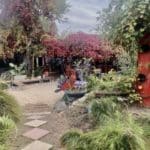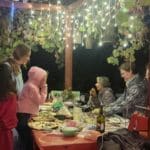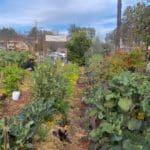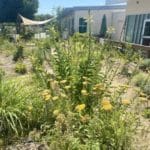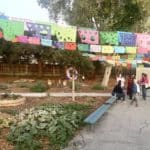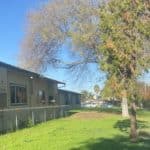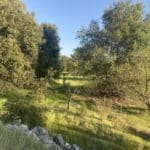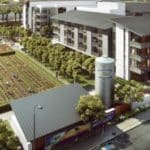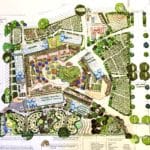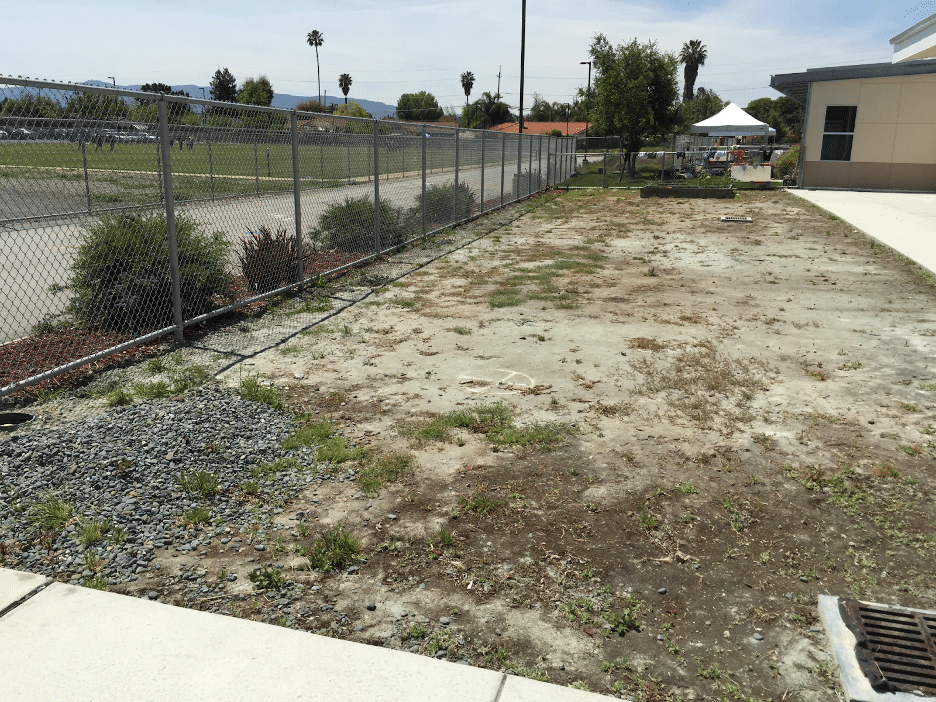Build 25
25 x 25A new vision: Our model for urban land use can help solve our global climate crisis and provide food security and sovereignty for our residents.
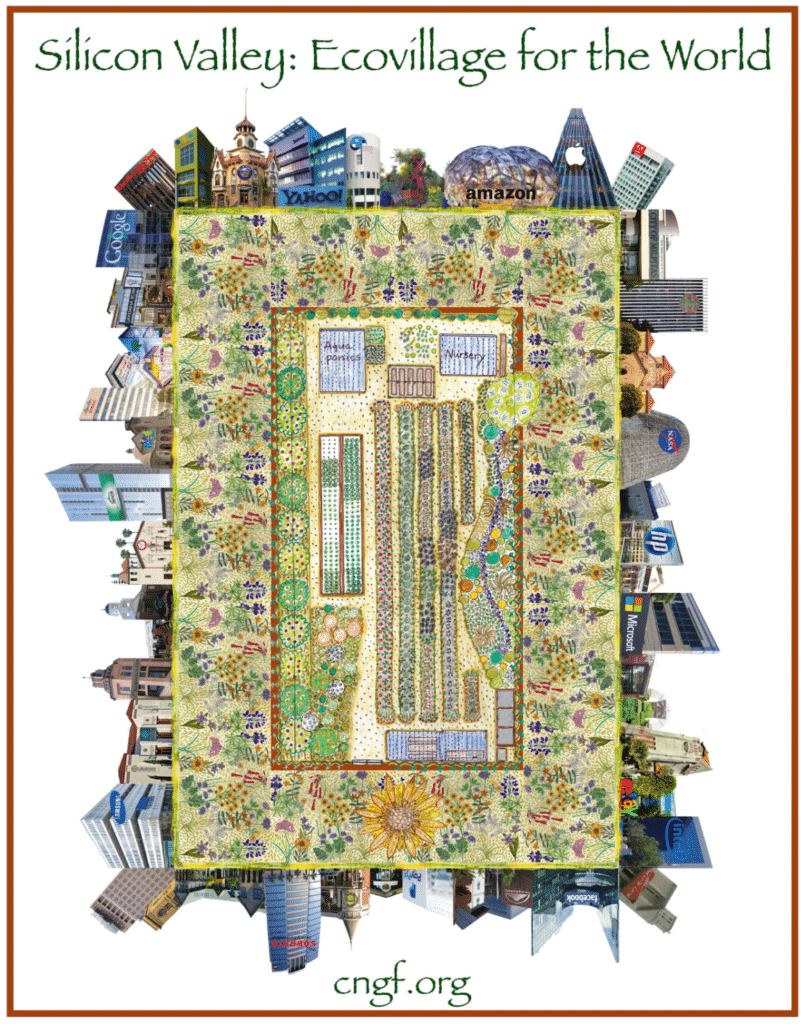
Over half the world’s population now lives in cities, and has forgotten how to grow their own food; we believe this knowledge is a human birthright, and we must restore it where people live.
As the IPCC 6th Assessment Report explains, climate change is widespread, rapid, and intensifying. It is caused – and can be mitigated – by human behavior. Nothing is more urgent than our mission to transform land use to a more sustainable model.
The Build 25 x 25 Initiative is CNGF’s audacious vision to create 25 urban ecovillages with teaching gardens and farms by 2025. These sites will transform land use in our region, and serve as a model for sustainable urban land use everywhere that people live, eat, learn, and grow.
Why CNGF? We began as a parking lot over 20 years ago. We have learned how to transform urban blight into a living garden that educates people about native plants. We are driven to prepare youth for life outside the petroleum economy.
At the center of each Build 25 site is an ROA (Regenerative Organic Agriculture) farm. This method of no-till farming uses native plants as hedgerows; compost to renew soil; a broad variety of fruits and vegetables; renewable energy; aquaponics, and re-use of water and waste to create self-sustaining farms that are far more productive than conventional agriculture.
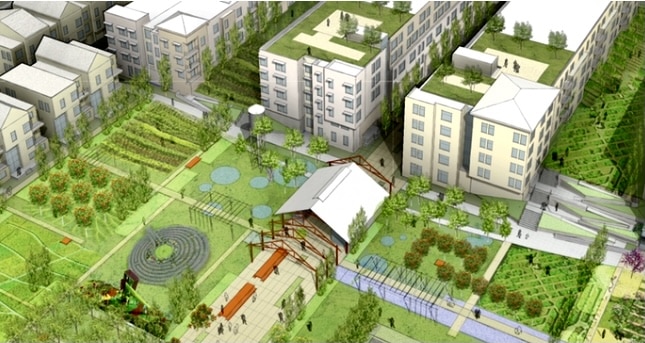
Rather than depleting soil, destroying native ecosystems, relying on monoculture, and bolstering the petroleum economy, ROA works to sequester carbon, to regenerate native soils, ecosystems, and biodiversity, and to wean us from our reliance on synthetic chemicals and transportation.
Build 25 ecovillages serve as community hubs for education, business, recreation, and housing. We offer fairs, farmer’s markets, workshops, and classes for community members of all ages. Theses sites train interns and volunteers in sustainable agriculture, food preparation, local ecology, and outdoor education.
CNGF is developing seven certification programs in conjunction with San Jose Evergreen Community College District – Workforce Institute. These programs will help to train professionals in ecological careers. Program participants will develop their skills while helping to create, maintain, and use the Build 25 sites.
Silicon Valley is home to some of the wealthiest companies, most innovative minds, and most fertile agricultural lands on the planet. Our model relies on these resources to provide land and funding; in return, our non-profit will provide an innovative model of land use, and a workforce-in-training who will help to develop and maintain these sites, and use them for the benefit of our communities by providing freshly grown produce and helping to restore our local ecosystems.
To learn more about the development of our Build 25 Initiative, read A Sustainable Urban Village Model – A Biomimic Design.
The Build 25 Network
- We represent a network of local institutions who are joining to confront the climate, biodiversity, and agricultural crises of our era by supporting the Build 25 initiative.
- The Build 25 initiative can serve as a global model for how we can meet our needs for nutritious food, clean water and air, healthy soil, sustainable shelter, renewable energy, and managing our waste locallly, as humans have done for 240,000 generations.
- The Build 25 model teaches youth to protect pollination, biological diversity, climate regulation, and soil systems. In an era of climate anxiety, this model provides youth with hope – and skills – for a sustainable future.
- The Build 25 model restores native plant communities to support the microbial ecology of our living soil. These microbial networks – formed by fungi, healthy bacteria, nematodes and protozoa – are the foundation of both a sustainable ecosystem, and of human health and resilience.
- The Build 25 model promotes drought resilience: it conserves local water resources through the cleansing, storage, and reuse of water.
- Build 25 model teaches techniques to reduce air-polluting gases such as nitrous oxide, nitrous dioxide, CO2, and black carbon soot associated with burning of fossil fuels required by conventional agriculture.
- The Build 25 model promotes local food security. With our network of urban farms that use innovative, environmentally sustainable methods, we can reduce food miles and grow enough produce to feed our citizens.
Build 25 Sites
25 x 25We have been working with local educational and land-owning partners to reach our goal of building 25 ROA farm-based Eat-Grow-Learn centers across our region. In 2022, there are seven potential sites. These seven sites are:
- Our flagship ELSEE (Environmental Lab for Sustainability and Ecological Education);
- Hester Farm;
- Educare Silicon Valley California in partnership with FIRST 5 Santa Clara County Family Resource Center (FRC) in partnership with Franklin McKinley Children’s Initiative and Catholic Charities;
- Cureton First 5 FRC, located at Cureton Elementary School, Grades K-5, in Alum Rock Unified School District;
- Hubbard First 5 at Hubbard Media Arts Academy, Grades K-8;
- Freshness Farms @ Coyote Creek; and
- The Agrihood Project Core Companies in Santa Clara.
Our community members are involved in the transformation efforts.
Silicon Valley is an ideal location for these projects, many of which address food insecurity in low-income school districts. The area has an unfortunate prevalence of food insecurity, particularly among seniors and young children, our most vulnerable populations. By partnering with San Jose’s Franklin-McKinley School District, a designated Opportunity Zone, CNGF and other allied partners provide skilled ecological services, innovative farm to table marketing solutions, and regenerative organic agriculture (ROA) expertise to assist our fellow community members in converting their schoolyards to beautiful, climate-resilient, productive farms and ecological gardens.
In 2015, the Franklin McKinley School District began the Children’s Initiative, a strategy to improve the day-to-day practices of working parents with children from infancy to age five. This included the development of a new student data tracking system, developmental screening for all students, and a new First5 Family Resource Center implementation of the SCC Early Learning Master Plan.
We began working with Educare and FIRST 5 in 2019 when we received a grant from First 5 to create a “Nature Immersion + Food” curriculum, and to collaborate with First 5 families and staff to create a teaching garden modeled on ELSEE.
As the home of CNGF and the Lab for Nature-Based Urban Living, the original ELSEE garden serves as both a community teaching garden and as the flagship model for our teaching and training gardens.
Santee Garden before and 5 months after design and creation
Build 25 Requirements
SCORECARD
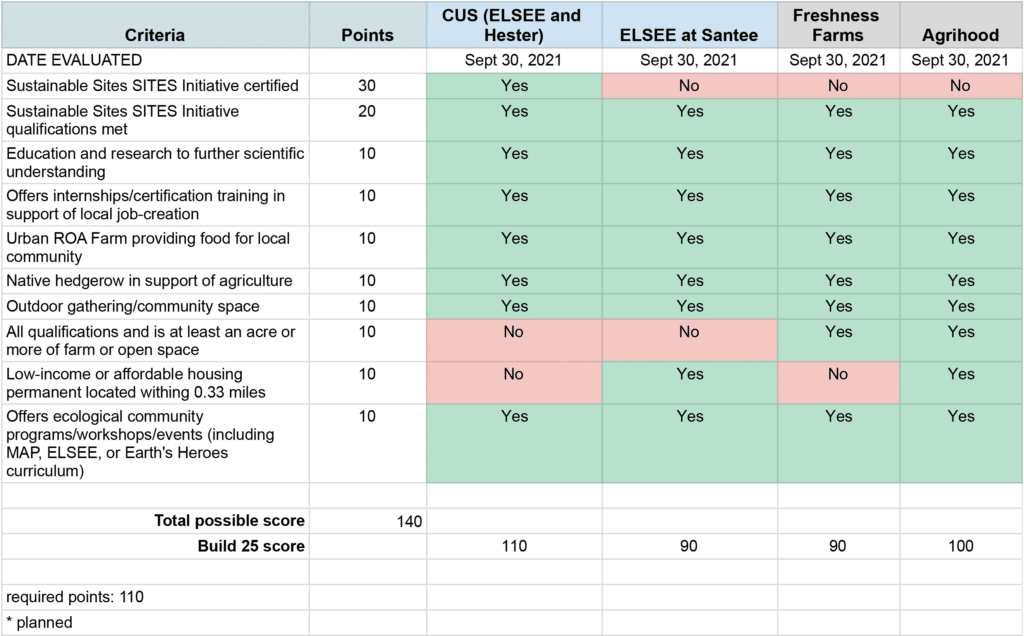
Join the Build 25 Initiative
If you are interested in learning more about the opportunity to join other landowners in the Build 25 Initiative, please contact us.
Eat•Grow•Learn Farm Business Model
25 x 25Each Build 25 farm is designed to “layer” many uses on the land in an Eat•Grow•Learn model. Such uses include business models for income generation, a laboratory where researchers and local students can measure carbon sequestration and improvements in health, both for the soil and for the residents, including educational opportunities for both adults and children. Some sites are being designed with ecotourism in mind.
Each site has a business model to produce income for the host community. When the farm starts producing enough food, the Farm Team can run farm stands at nearby farmers markets. By the third and fourth year, the farm will become more productive, allowing participants to rely more on farm produce for their own diets, while learning how to operate a sustainable farm business.

© 2022 Alrie Middlebrook
Community experts, such as beekeepers, give talks, food experts share tips on canning, drying and preserving food, and regional farmers can answer questions about solving problems without using pesticides. Guest chefs prepare special dishes at farm-to-table events to help raise money for the farm improvements.
After receiving their ELSEE certifications, graduates can apply for internships or jobs working at other Build 25 sites, or teach and train other new farmers at their host site
After four years, each farm will be sustainable, providing local children access to healthy foods and a restored natural environment. They will be learning how to protect nature and grow healthy food at the same time. They will be developing skills to create self-reliance and food security.
For more information on estimated costs and income projects for a specific site, please contact CNGF.
Our Partners
Educare California Silicon Valley/Santee, Shawn Gerth, Executive Director
FIRST 5 Santa Clara County Family Resource Centers/Santee, Sona Grover, Program Manager
Family Resource Center @ Cureton Elementary> School in ARUSD, Rose Jaquez, FRC Program Supervisor
Freshness Farms @ Coyote Creek, Nasim Hashemi, Proprietor
Hester Farm, Hester School @ San Jose Unified School District, Rosie Carlson, Principal
Mindful Aging Project
African Community Health Initiative (ACHI)
Family Alliance for Counseling Tools Resolution (FACTR)
The Agrihood Santa Clara Core Companies, Vince Contore, Project Mgr
Family Resource Center at Hubbard Media Arts Academy, Karina Sustatia, Program Manager


